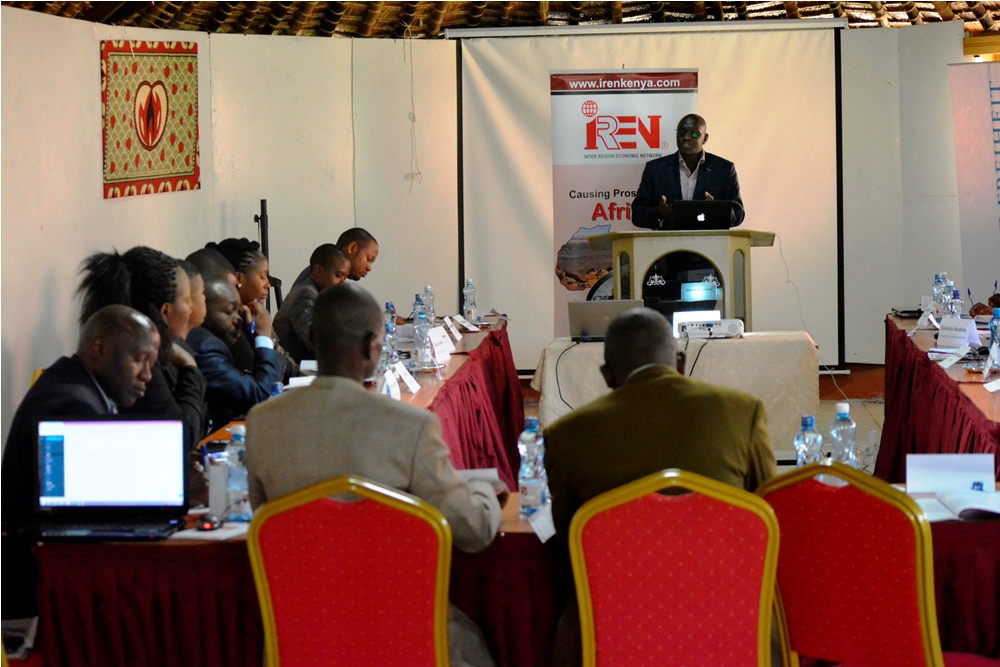
Leadership in Africa in the 21st Century-Intellectuals a big let down

Intellectuals have failed Africa for they form part of the narrow elite that seeks to organize society to drive private benefit at the expense of the masses.
Twenty five intellectuals and leaders from various sectors in Eastern Africa met in Naivasha, Kenya on August 24-27, 2016 to discuss: “Leadership in Africa in the 21st Century: The Role of Intellectuals.”
The forum aimed at addressing African Leadership in the past, present and future; identify concrete ways of how intellectuals can shape leadership in Africa; and to propose systems that will nurture leaders in Africa.
In his opening remarks Mr. James Shikwati, Founder Director of IREN said that the greatest challenges in Africa are attributable to leadership keen on short term gains. While it has been easy to blame poor political leadership, less attention has been paid to how individual, civil society, corporate and intellectual leadership undermines progress in Africa.

Dr. Ekuru Aukot, a Kenyan lawyer at EA Law Consulting and a declared presidential candidate called for leadership that nurtures a culture of constitutionalism, rule of law exclusivity and positive transformation.
Aukot challenged the universities to be breeding grounds of thought leaders and network instead of negative competition.
During the session, thought leaders were urged to embrace soft power, public diplomacy and nation branding matrix to aid the Pan-Africa agenda in the global arena.
Discussions also dwelt on The Role of Intellectuals in shaping Leadership in Africa in the 21st Century. Nashon Adero of Kenya’s Taita Taveta University College pointed out that “nurturing innovative thinkers is key to transforming leadership in Africa.”
He shared a study which indicated that Africa invests heavily on literacy type of education and the detriment of skills for critical thinking; problem solving and scientific inquiry.
The thought leaders recommended that leaders should be connected to constituents; be open- minded; innovative; visionary and serve as a unifying entity. The intellectuals were urged to positively challenge the status quo in their respective countries, inspire, create and use existing leadership platforms to nurture leaders, and provide thought leadership.






